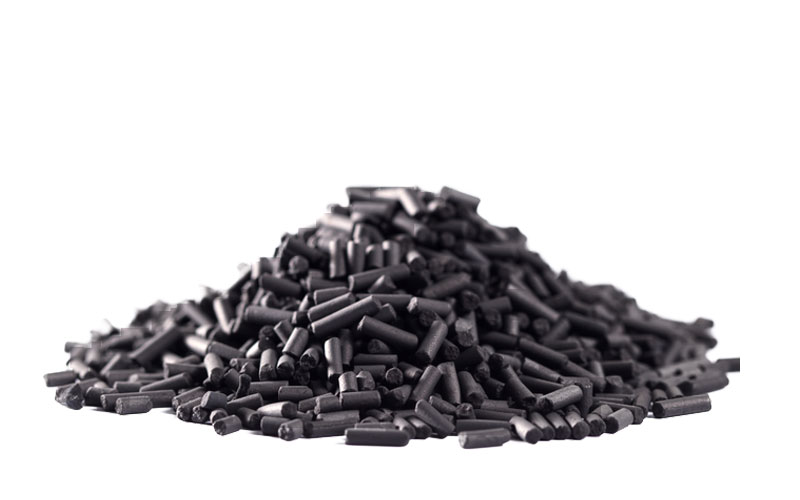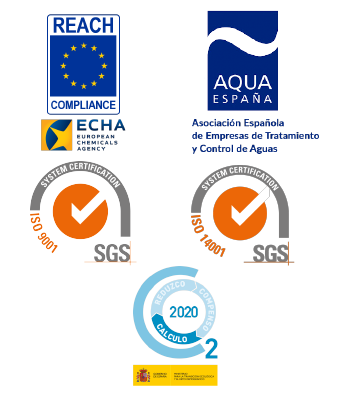
Purchase activated carbon pellets, contact us!
Water-treatment plants tend to use either powdered activated carbon or granular activated carbon. The former is used at the headwaters to resolve one-off issues, such as abnormally high levels of fertiliser run-off due to heavy rains.
On the other hand, granular activated carbon is put in filters, whether fixed or mobile, and used as a regular part of the water-filtration process. While it is true that filters have to be installed before you can use granular activated carbon, it has a much longer lifespan than powdered activated carbon and allows for better control over contaminants in the water.
Moreover, granular activated carbon or GAC can be regenerated using a thermal process so it can be used several times, further extending its lifespan.
Deodorising and bleaching oils
One of the undesirable effects of oil production, whether olive oil or other types, is the polycyclic aromatic hydrocarbon (PAH), MOSH and MOAH generated, a series of compounds that can be toxic to consumers in high concentrations.
Activated carbon is used as the main solution for trapping these compounds, along with other organic impurities and undesirable traces of flavour or colour.
Deodorising and bleaching alcoholic beverages
Activated carbon has many uses in the food industry. For alcoholic beverages, activated carbon is used to achieve the desired colour, flavour and odour, adapting them to consumers’ tastes.
Deodorising and bleaching juices and glucoses
Activated carbon stands out in its ability to remove impurities and contaminants in the food industry. One of the clearest examples is in manufacturing beer, soft drinks and other carbonated beverages, where carbon is used to remove chlorine from the tap water used as a raw material.
Likewise, macroporous activated carbon is often used to remove colour from liquid sweeteners, juice and wine.
Even to recover gold and other precious metals
Granular activated carbon is also used to recover gold and silver from cyanide. Activated carbon from coconut husks is often used, as it has the perfect macroporous structure for retaining the compounds and also makes the carbon more durable, preventing loss of adsorbed product.
Plus, this carbon comes in several particle sizes so you can choose the one with the best adsorption kinetics.
The physical properties of carbon allow it to withstand elution processes and acid washes at a variety of temperatures. Including thermal reactivation. All to optimise the process of recovering precious metals, including heap leach, carbon in pulp (CIP) and carbon in leach (CIL).

REQUEST MORE INFORMATION! AND PURCHASE ACTIVATED CARBON
Contact our technical department for guidance.




